
Indoor Lighting Standards Best Design Idea
Indirect Light. In indirect light, there is NOT a direct path from the sun to your plant. Indirect light reflects off another surface before hitting your plant.. But outside, plants receive natural light from all angles whereas the only source of natural light for indoor plants might be a window or two. Window Orientation (The Direction Your.

Indirect natural light YouTube
The indirect natural light that flows through a window ledge can be quite enough to feed a flowering plant. You can boost sunlight with exceptional indoor lights invented to provide warmth and UV rays. When possible, still, let natural sunlight into your house to give indoor plants natural light since artificial light has its limitations..

10 Examples of Innovative Use of Natural Light in Architecture
In reality, the majority of natural light in your home is indirect - after all, the Sun can only be on one side at a time. Much like a stray ball bouncing off (or going through) a window, the process of hitting the surface weakens the intensity of the light rays to varying degrees. Depending on the strength of the initial strike and the.

Pin by MiKraDesign on Indirect lighting Indirect lighting, Lighting
Foot-candles: 500 to 1000. Bright indirect light means houseplants have access to light but aren't being hit directly with the sun's rays. To achieve bright indirect light, it's best to move the plant about 1 to 2 feet away from the window. An east-facing window is ideal for plants that need bright indirect light, as is a west-facing.
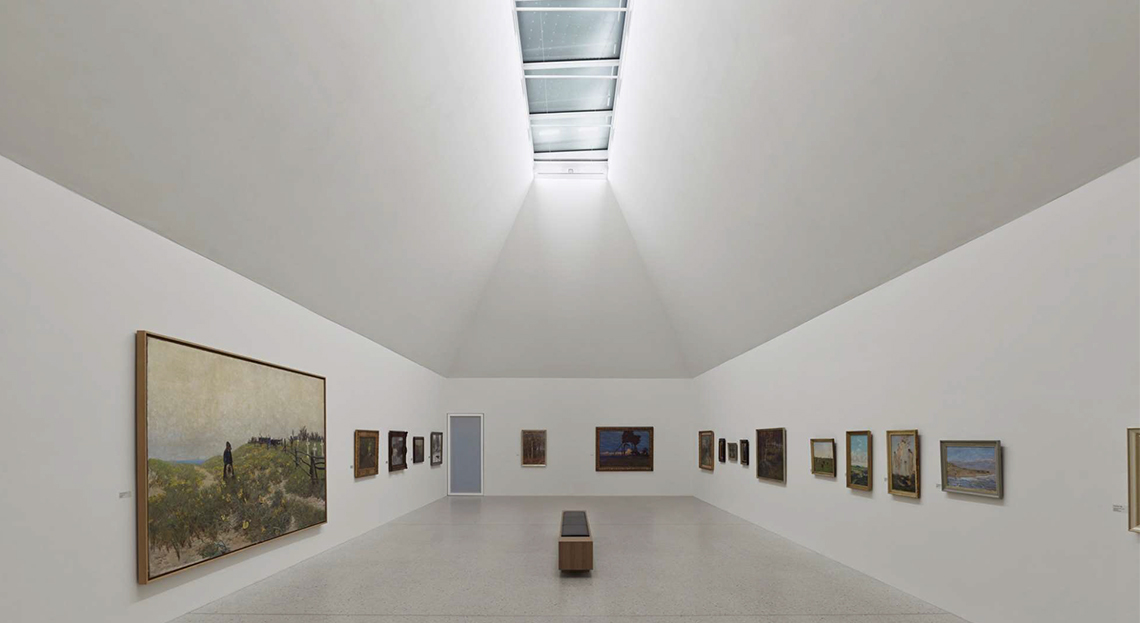
【EL01】Where the magic happens Integrating natural and artificial light
Commonly referred to as task lighting, direct illumination utilizes the light source aimed directly at the item or area it is intended to illuminate. Indoor spaces that lack or are void of natural light can benefit from indirect illumination's ability to create a comfortable light that eases eye strain. Indirect light is also ideal for spaces.
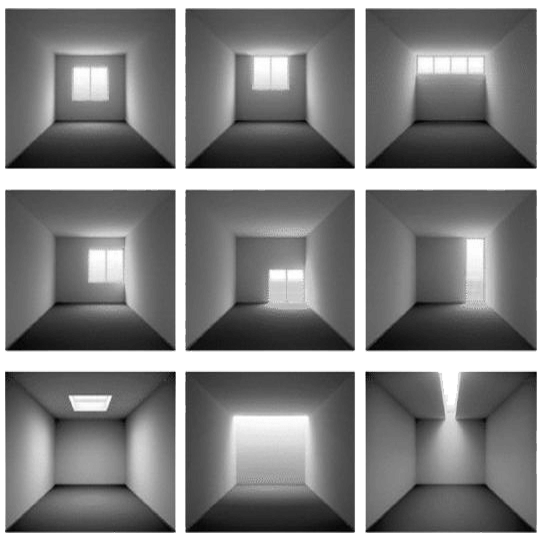
Daylight Amalgamation of Direct and Indirect Sunlight and Skylight
Here is the basic foot-candle measurement: 200-500 foot-candles: Low light intensity, almost deep shade, inappropriate for most plants. 500-1,000: Still low light intensity, but bright enough to read by, like the natural light of an ordinary room, good for shade-loving plants. 1,000-2,000: Bright but indirect sunlight, may not produce a.
Swatches of all my cream bronzers and contours 🌞 swatchitforme
Sometimes natural light is not enough to provide your plants with bright indirect light. This can be the case, for example, in winter when the days are shorter and darker. Or if you are in a room without windows or with very little natural light. In such cases, you can use some tools and devices to enhance or supplement natural light.
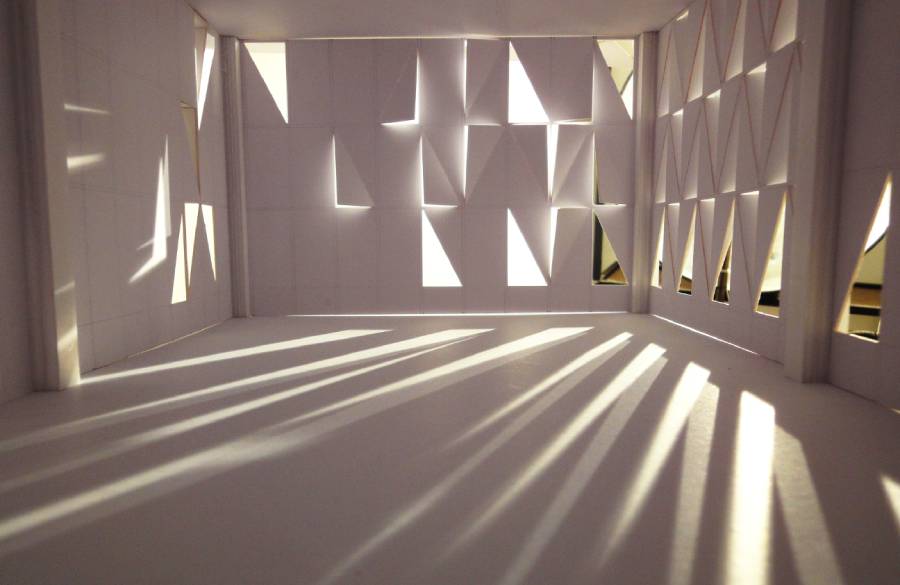
Architecture with Light 10 Examples of Innovative Use of Natural Light
Bright indirect light mimics this natural setting, shielding your plants from the scorching and bleaching effects of intense sunlight. So, say goodbye to sad, damaged leaves and hello to vibrant green foliage! Minimizing Heat Stress. Sunlight not only brings the light, but it also brings the heat. And that can be a real problem for houseplants.

画廊 如何在室内巧妙利用自然光?三种设计方法 1
First, gardeners may take measurements of indirect, luminous light with the following: Using Light Meter. Natural light is the gold standard for light meters. Priced between $20 and $30, light meters are a reasonable investment. Just prop them up over a plant and point them toward a window or other source of natural light.
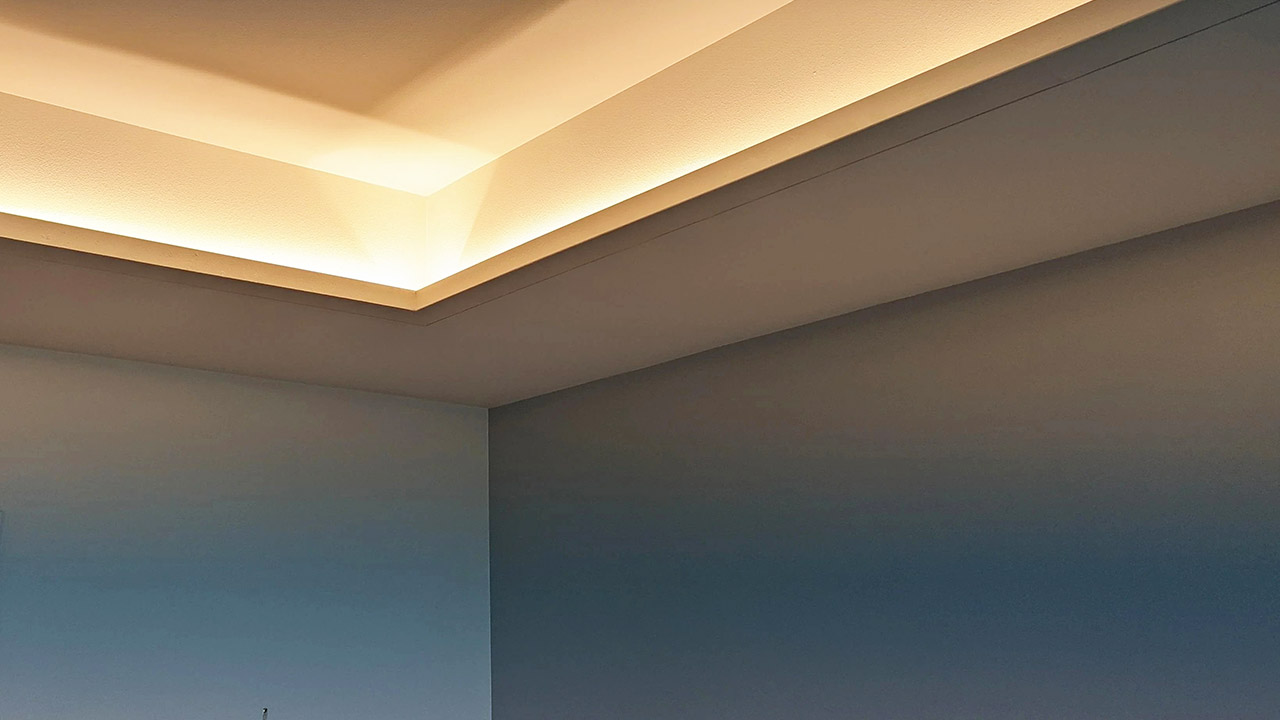
What Is Indirect Lighting? Lighting Portal
Indirect light helps plants to grow better by providing them with the correct wavelengths of light. Bright indirect light creates an intensity closer to natural sunlight, which is vital for plants that need to photosynthesize. Multiple Reflectors. This is the most common method for creating indirect light with grow lights for most plants.
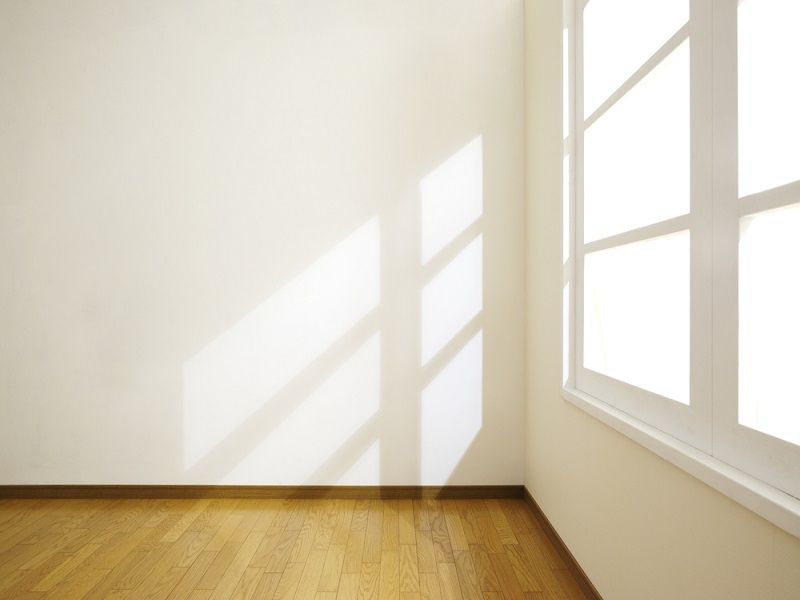
Indirect Light Examples in Daily Life StudiousGuy
Analysis for natural light: If the average indirect light is above "Good for Growth", then expect good growth; If the average indirect light is at or below "Minimum for Maintenance", then don't expect strong growth; If the duration of direct sun is above the "Tolerance of Direct Sun", then block it with a white sheer curtain

indirect lighting architecture Google 搜索 Interior architecture
Indirect sunlight means the sun's rays are obstructed or refracted by structures such as trees and buildings before reaching the plant. If you measure the light intensity using a light meter, values ranging from 1076.39 to 5381.96 lux are considered indirect sunlight. Indoor plants need varying light intensities to thrive.

indirect light Light, Decor, Living spaces
Types of Indirect Lighting for Plants. There are three basic levels of indirect light: bright, medium, and low: Bright indirect light (over 500 ftc) is typically found near a south, east, or west facing window. Houseplants should be shielded from direct sunlight by a sheer curtain or the dappled shade from outdoors.

Indirect Lighting Is An Excellent Way To Create A Calm Atmosphere
Direct light: This is a straightforward concept; your plant is receiving sunlight that is direct and unobstructed. The key here is unobstructed. If you think about it you will realize how many things get in the way of direct sunlight. These could be houses, branches, or anything that is above the plant. Indirect light: This is where your indoor plant is in an environment that is filled with.
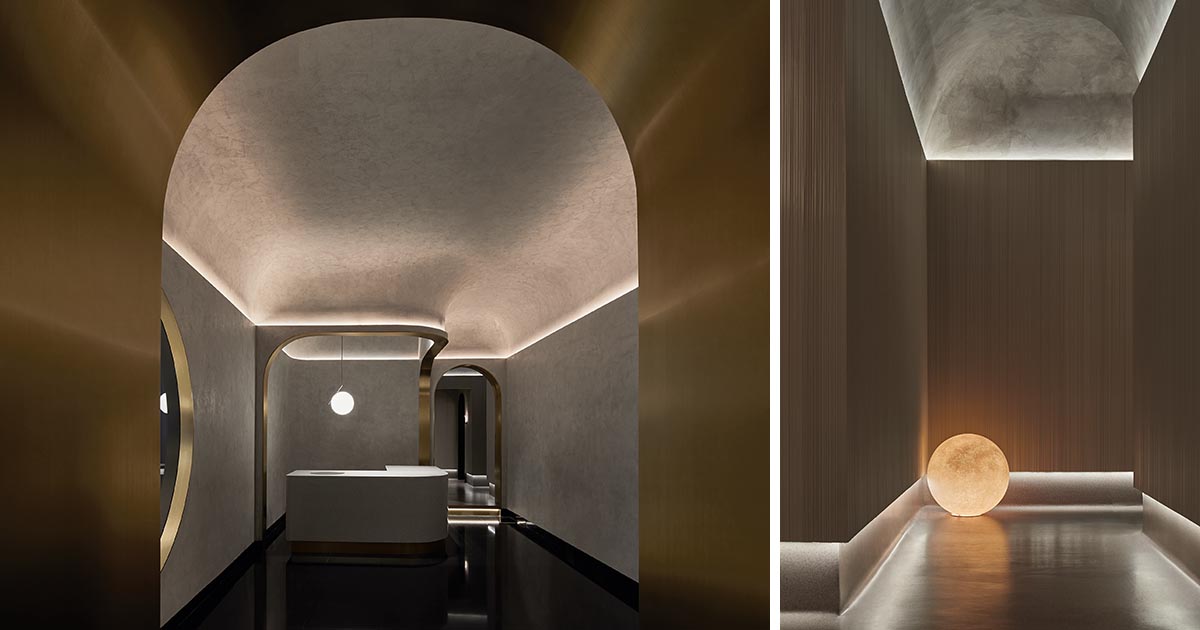
Indirect Lighting Is An Excellent Way To Create A Calm Atmosphere
Bright indirect light means indirect light (light where the sun isn't shining directly on the plant's leaves) of intensity over 3,000 lux (300 fc). Most house plants need bright indirect light to grow well and be happy and healthy. But if you give them stronger bright indirect light (over 10,000 lux or 15,000 lux = over 1,000 or 1,5000 foot.
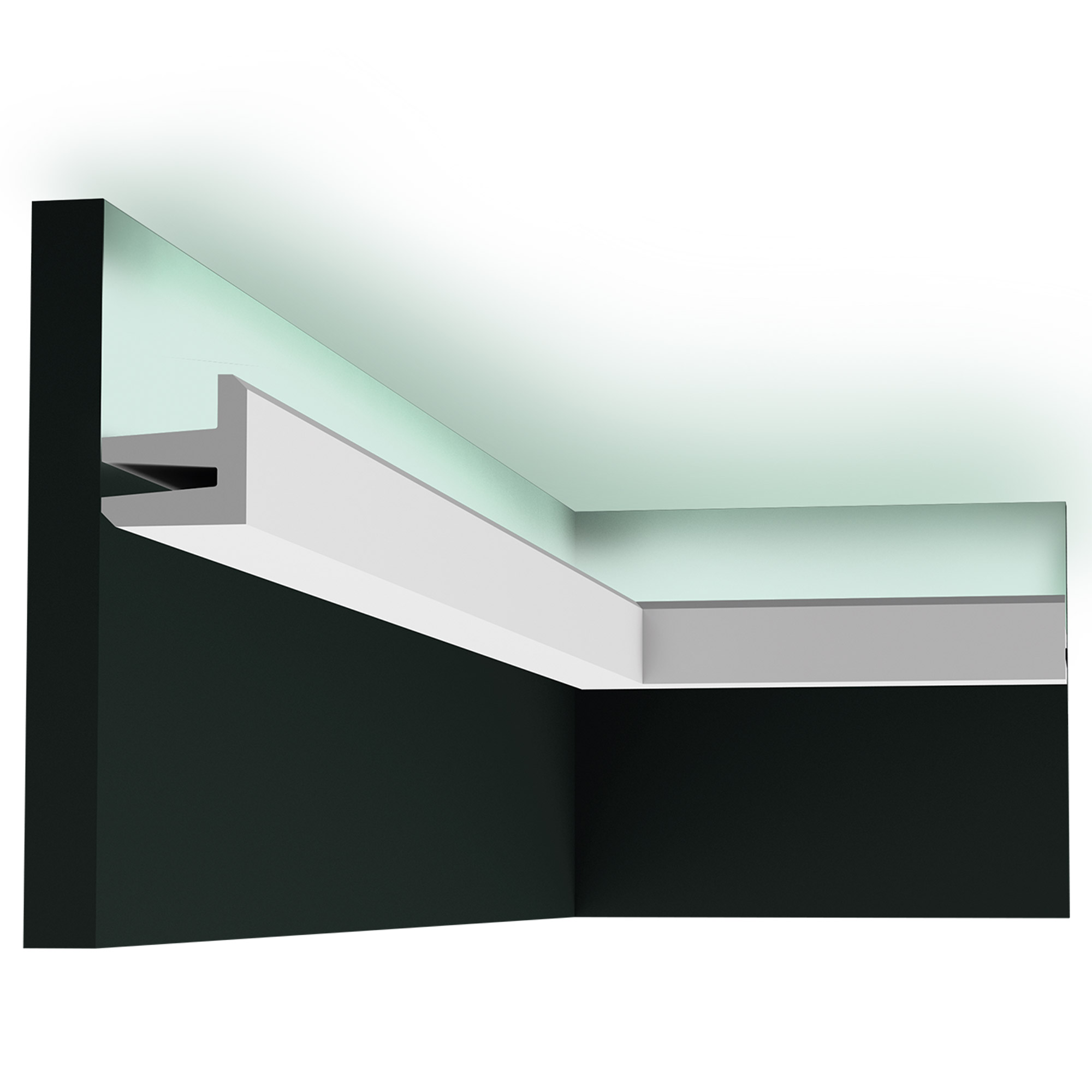
INDIRECT LIGHTING Lanitis Aristophanous
Bright indirect light measures 10,000-20,000 lux, depending on the daylight and weather conditions.. So, these plants are accustomed to bright or medium indirect light in their natural habitat and prefer the same as houseplants. You should neither place these under direct sunlight nor in dark corners of the house.